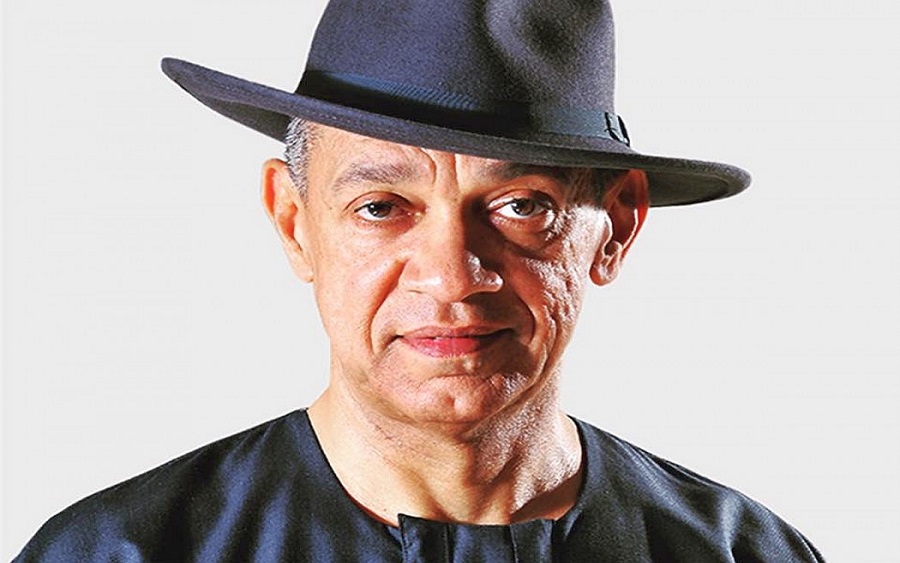Earlier today during a plenary session, the Nigerian Senate rejected the Electric Car Bill proposed by Senator Ben-Murray Bruce.
The bill, which was first read on April 10th, aimed to phase out of the use of petroleum/diesel vehicles by 2035; to be replaced by electric cars.
It was never approved for a second reading because the Senate considered it irrelevant.
Reason for proposing the bill
Nairametrics earlier reported that Senator Ben-Murray said the introduction of electric cars in the country will help Nigeria actualise a clean energy policy, encourage the use of modern technology, de-emphasise on oil consumption, and also reduce air pollution.
According to him, maintaining electric cars is cheaper than maintaining petrol-powered cars.
“Combustion engine cars have continued to cause deaths through uncontrolled pollution.
“Secondly, we have been spending over N1 trillion annually subsidising fuel in this country.
“By introducing electric cars, fuel subsidy will automatically be gone and those funds will be used for infrastructure and education.”
Senator Ben-Bruce had further argued that maintaining an electric car is far cheaper than petrol cars. This is because the country would finally make use of its abundant sunshine to power the cars.
He said:
“Electric cars are outselling petrol cars as witnessed in Norway a few weeks ago. It makes more sense to build Nigeria’s biggest power plant than refineries.”
Oppositions
Senator Jibril Barau, while opposing the bill, said that Nigerians should be allowed to get the electric car by choice and their economic capability, rather than making it mandatory.
He added that making it mandatory that everyone should resort to using electric cars at a given day is not feasible.
Also opposing the bill were Deputy Senate President, Ike Ekweremadu, and Andrew Uchendu.
According to Andrew Uchendu, the proposed bill by Bruce failed to meet requirements of order 77 of the Senate standing order because it did not state its financial implications.
